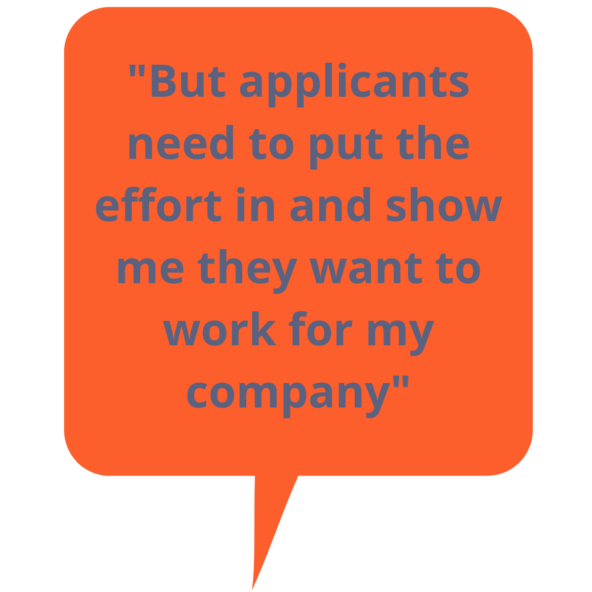Something I think I must have been told in my childhood that has stuck with me, and to be honest in most cases it’s right. I seem to have expensive taste and will naturally walk into a shop or see something online I like and quickly find out I have picked out the most expensive item. In some cases though if there is no price, I won’t engage.
This got me thinking. I wouldn’t go and view a house if I didn’t know the price of it and whether it was within my budget, and I wouldn’t walk into a car showroom and say “I want that one” without knowing how much it would cost, all of the above subject to a lottery win, of course! But this doesn’t just apply to big purchases, I wouldn’t go into a restaurant without having an indication of the menu price range. Would you?
So, why oh why, do companies advertise jobs with no salaries on them?
Reports are mixed. Some say it’s definitely a recruiters market out there at the moment and increasingly in many job adverts salaries are not being shown as employers look to see who is in the market for a new role and seek to get the best value for their money. Yet others say it’s a job hunter’s market because people are in demand and applicants can bargain a higher salary.
I can understand in some roles there could be a salary range which would reflect the levels of knowledge, skills and experience a potential candidate might have, but in recent benchmarking activities I have carried out, I have noticed that more and more Companies are not including a salary. Even one big supermarket brand looking to recruit personal shoppers and trading assistants are stating ‘Competitive’ instead of an hourly rate. Is this detrimental to their search? Are potential applicants ignoring adverts without salaries in favour of those that display them?

But the biggest issue in my view is the endless amount of time that this wastes, for both applicants and employers. Applying for a job without an advertised salary is like playing a game of poker – deciding whether you are in or out, deciding which cards to keep and play, keeping your cards close to your chest, trying to hold your poker face and nerve to see who shows their cards first.
You have probably heard the phrase ‘job hunting is a full-time job in itself’ well it’s true. Do you remember the good old days, when you walked into an employment agency so your consultant could meet you, vet your paperwork and qualifications, get to know a bit about you and your personality and then introduce you to Companies they thought you would be a good fit for? Now applicants are required to spend hours searching for roles online, adapting their CV, filling out application forms, completing questionnaires and completing online competency or eligibility tests for in most cases absolutely no response from a human being or a machine, how soul destroying is that? A conversation for another day. What incentive is there for applicants to do this when they can’t even see the salary they might earn if they were successful, whether the salary is at a level they need and whether it is worth their time and effort to complete everything that is required. Applicants want to make a considered and informed decision about whether this is a job they want to apply for.


I hear you, but this is a two-way street. It would be better to show applicants why they should want to work for you, what a great employer you are and how easy it is to go through the application process.
Changing roles can be a big decision and logistically there is a lot to juggle such as interviews, phone conversations, negotiations and pre-employment checks. Many applicants won’t want to go through this process only to find the salary wasn’t right for them but also risk that their current employer might find out they are job hunting.
Recruitment is very time consuming for employers too and therefore costly, but even more so if employers actively and needlessly open themselves up to a lot of time wasting. By putting a job advert out into the marketplace without an indication of salary they may find themselves sifting through a much higher volume of applications, many of which won’t be right for the role, and interviewing applicants who simply wouldn’t accept the role if offered when they finally get to hear the salary and realise it’s not the salary they were expecting or need.
Can you imagine the disappointment of going through the process and finding a great candidate who then pulls out because you aren’t offering the money they were looking for? I have seen this happen many times, and the recruitment process has to start all over again.
If you are looking to plan out your next recruitment campaign and would like to chat through your ideas or discuss any HR issue feel free to book one of my free no-obligation 30-minute consultation calls.
You could also download my Free Self-Audit HR Checklist to help you assess where you are right now with your HR and where you have gaps and might need some help.
